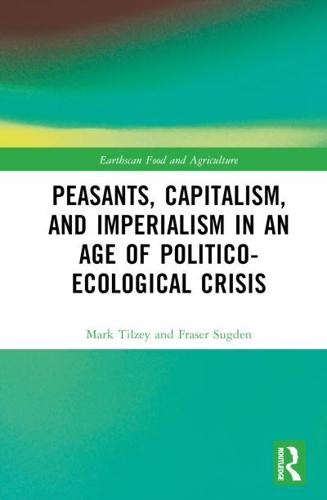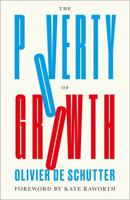Publisher's Synopsis
This book utilises a new theoretical approach to understand the dynamics of the peasantry, and peasant resistance, in relation to capitalism, state, class, and imperialism in the global South.
In this companion volume to Peasants, Capitalism, and the Work of Eric R. Wolf, the authors further develop their thinking on agrarian transitions to capitalism, the development of imperialism, and the place of the peasantry in these dynamics, with special reference to the global South in an era of politico-ecological crisis. Focusing on the political role of the peasantry in contested transitions to capitalism and to modes of production outside of, and beyond, capitalism, the book contends that an understanding of these dynamics requires an analysis of class struggle and of the resources, material and discursive, that different classes can bring to bear on this struggle. The book focuses on the rise of capitalism in the global South within the context of imperial subordination to the global North, and the place of the peasantry in shaping and resisting these dynamics. The book presents case studies of contested transitions to agrarian capitalism in Bolivia, Ecuador, Guatemala, Mexico, Peru, and South Asia. It also examines the case of transition to a post-capitalist mode of production in Cuba. The book concludes with an assessment of the nature of capitalism and imperialism within the context of the contemporary politico-ecological crisis, and the potential role of the peasantry as agent of emancipatory change towards social and environmental sustainability.
This book will be of great interest to students and researchers in the areas of peasant studies, rural politics, agrarian studies, development, and political ecology.











